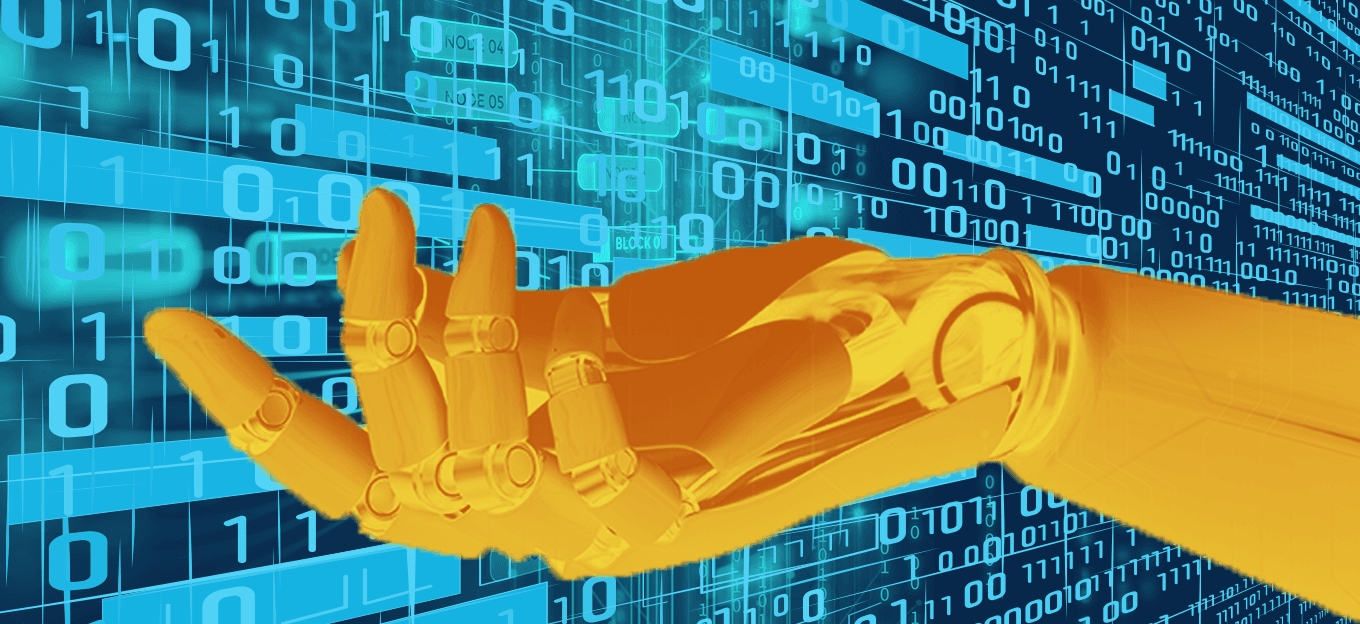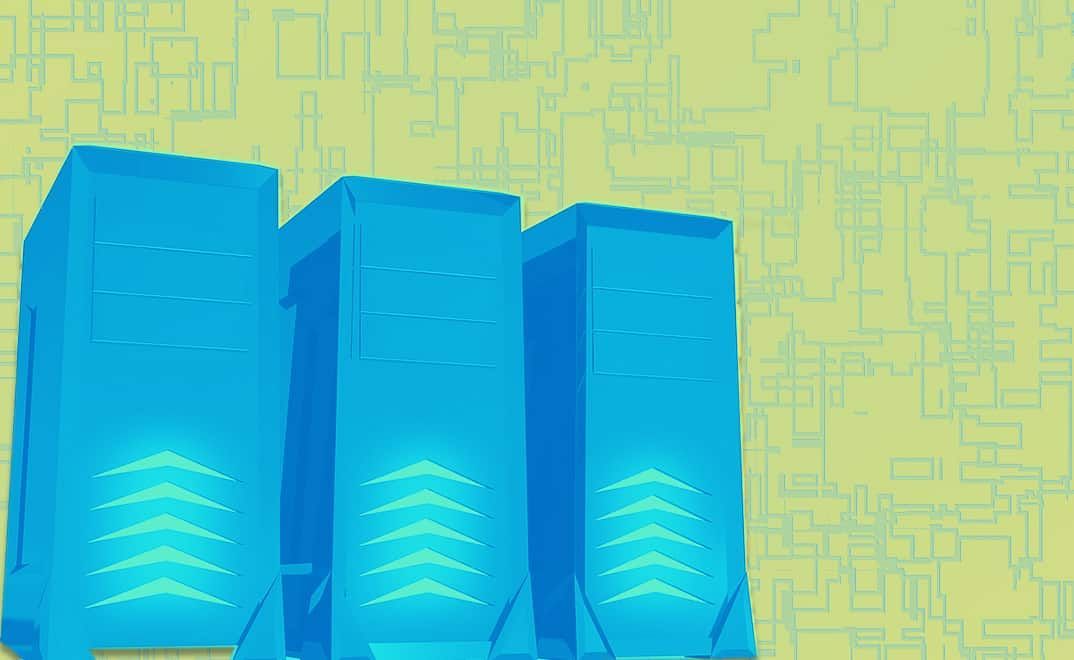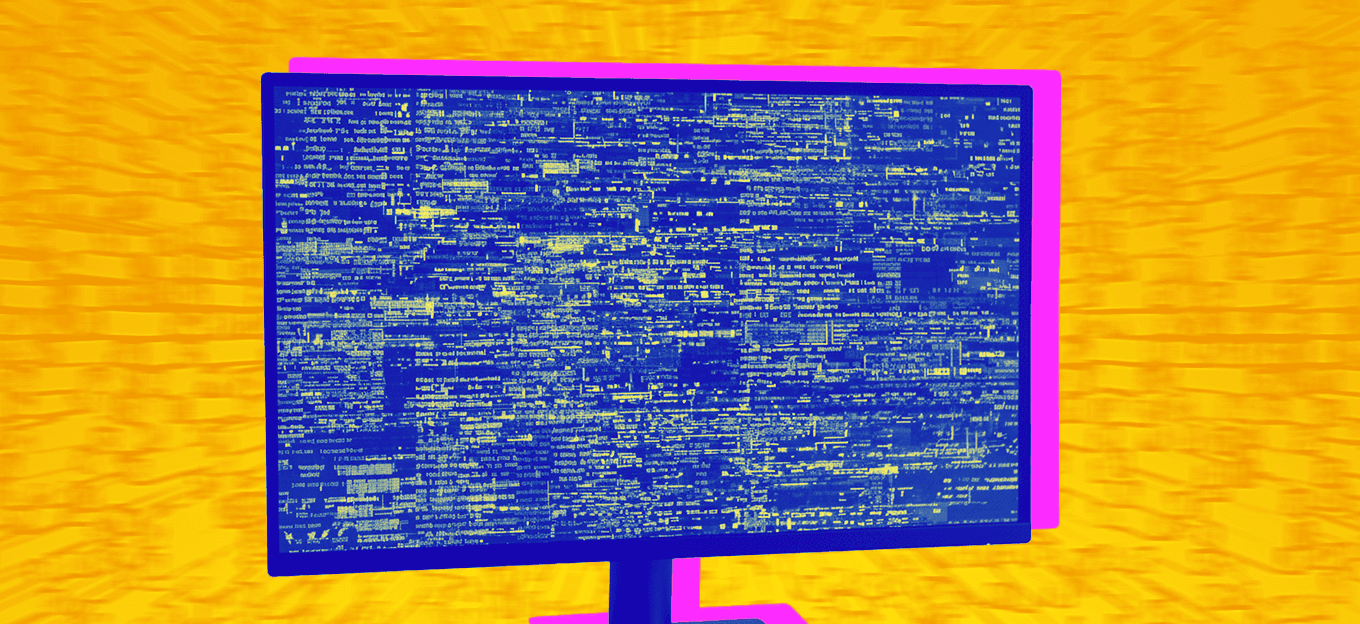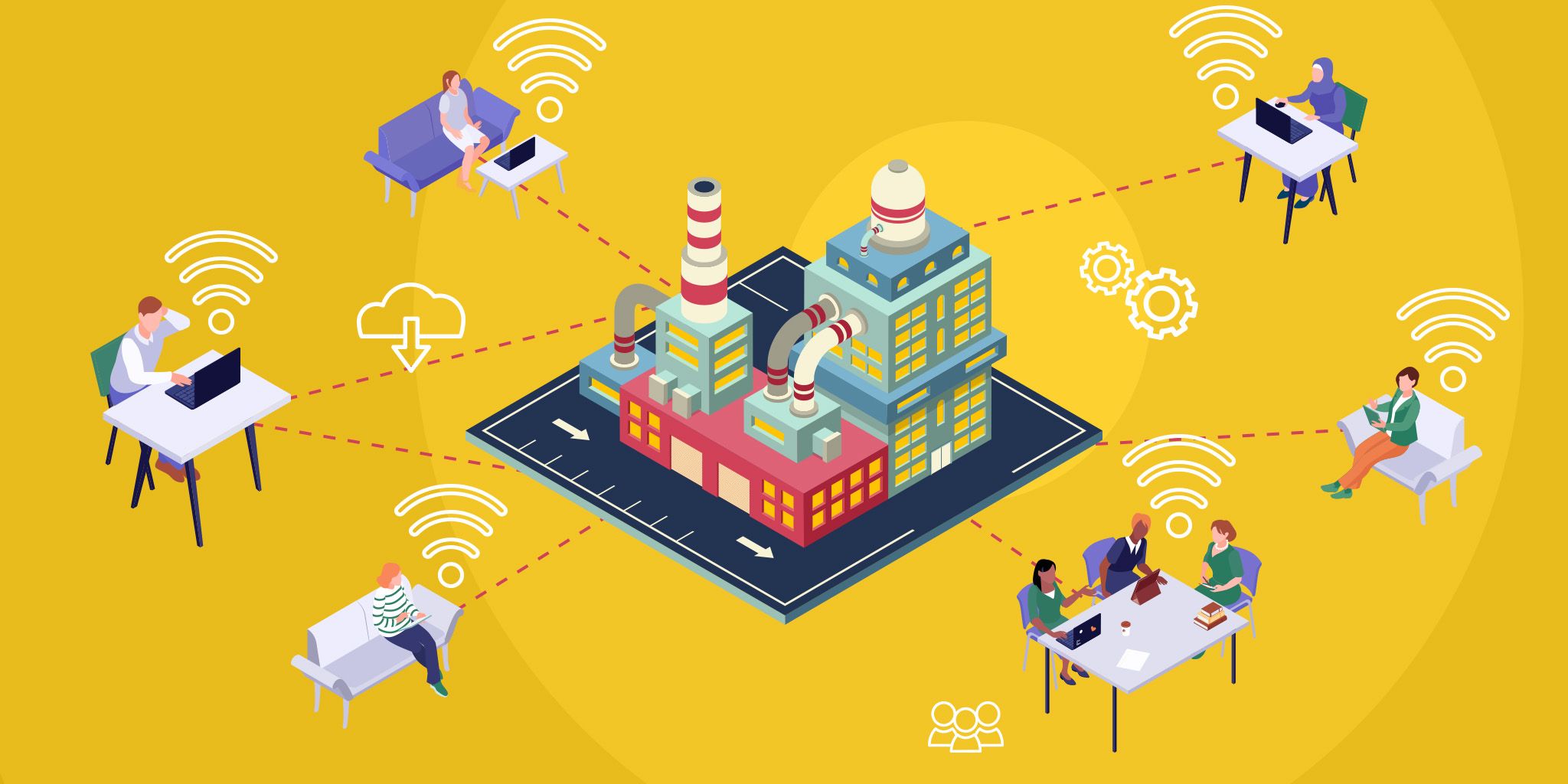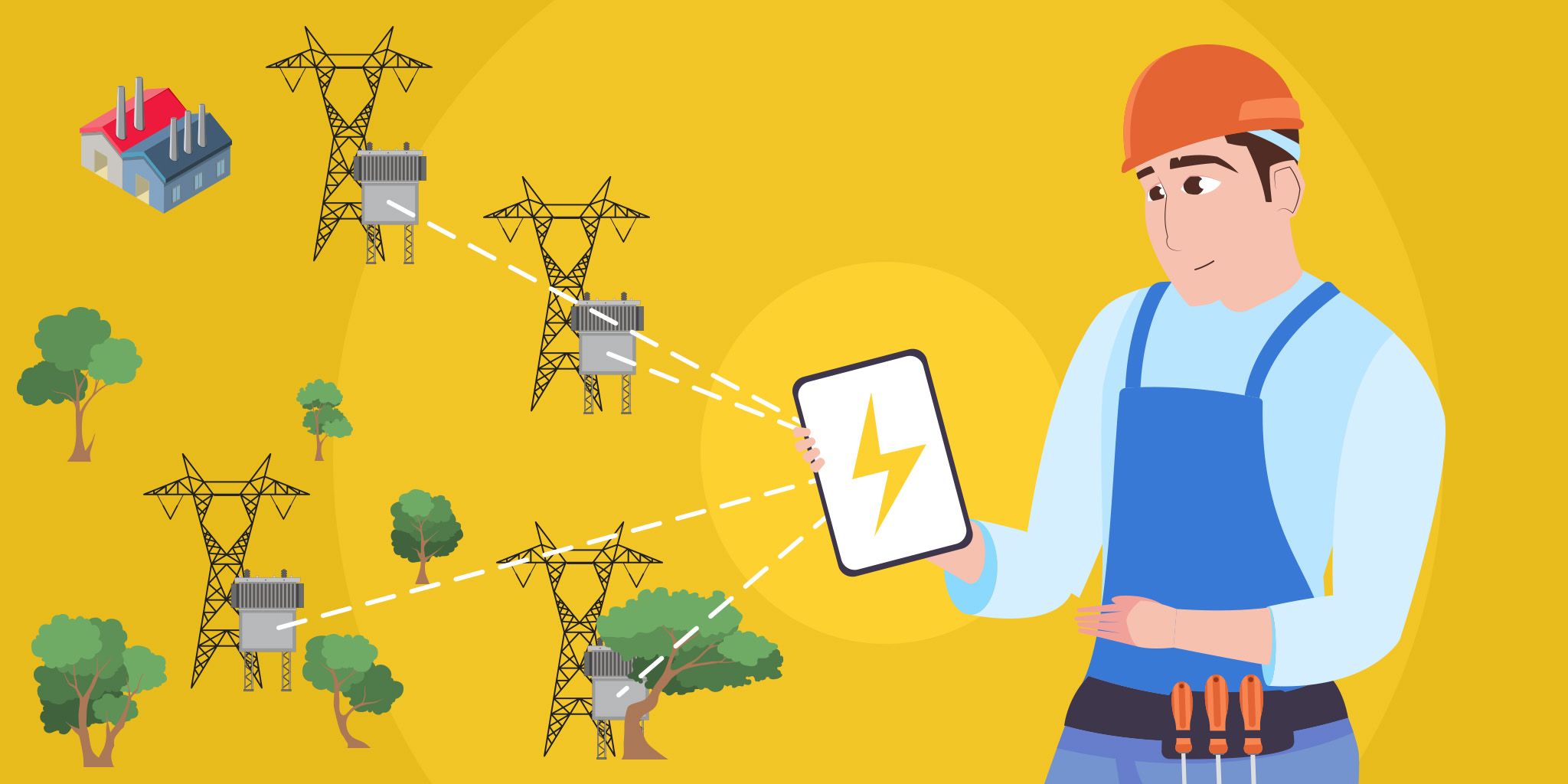Tech Entrepreneurs & Adoption of a Decentralized IoT Approach
Tech Entrepreneurs & Adoption of a Decentralized IoT Approach
- Last Updated: December 2, 2024
Internet of Everything
- Last Updated: December 2, 2024



Industry 4.0 includes the adoption of digital technologies into all aspects of our lives and industries. The recent pandemic only boosted the adoption, which spotlighted various issues that were already there but had not surfaced until the huge movement from office to remote work. One of the basic concerns arose because current solutions are based on centralization, i.e., web-based cloud services providers. These options can be great for businesses to manage data, but when it comes to massive IoT deployments producing immense amounts, they may not be enough. Let's take a look at some current data management issues and why top-tier tech entrepreneurs should start looking at a decentralized approach for IoT to reach its full potential.
'In the same way that IoT is entering all aspects of our lives and industries, decentralization needs to be implemented too.' -Internet of Everything Corp
IoT & Outdated Cloud Model
A recent report by the World Economic Forum, in collaboration with the Global Internet of Things Council and PwC, shows the following: No aspect of IoT has raised more concern than its safety and security. The very nature of IoT – millions of data – collecting endpoints connected wirelessly to the cloud – creates an ever-increasing number of targets attractive to bad actors. These concerns have inhibited the technology’s uptake and expansion in all three domains – enterprise, consumer, and public spaces.
Why is this happening? To answer this question, we have to understand that the web is a centralized infrastructure, moving all the data generation to server centers. Bad actors have one single end-point to attack, and once a vulnerability is found and hacked, the entire system is under threat. IoT devices are implemented throughout our lives in smart cities, smart hospitals, and smart infrastructure. Breaching these types of systems can wreak great havoc. Therefore, a need for change is paramount.
Another important point to mention is that IoT devices haven’t been built with a security-first approach. And when data flows come from massive IoT deployments, bandwidth bottlenecks and latency are a constant problem, especially if this data comes from, for example, healthcare providers, as these types of services require real-time data 24/7.
Decentralized Solution for IoT
Decentralized systems are closely related to cryptocurrency after the publication of the Bitcoin white paper, but the possibilities aren’t reduced to digital currency. The decentralized nature of these digital systems makes it practically impossible for bad actors to achieve a successful cyberattack.
These decentralized digital infrastructures make use of the power of the nodes (computers) connected to the network to keep the system running. In this way, data doesn’t have to be sent to one place to be stored, analyzed, processed, and delivered back to the source. This provides security, privacy, and scalability. To keep the sensitive data of massive IoT devices secured within this decentralized framework, implementing blockchain technology is fundamental. A blockchain is a digital ledger technology (DLT) offering an open-source, immutable database to store digital information. Incorporating decentralization and blockchain technology into the management of IoT data opens up a whole new set of opportunities. It offers the assurance of data security, privacy, and real-time data because the data generated doesn’t need to be moved from the source.
Decentralized Approach Beyond IoT
The opportunities arising from the decentralized approach go far beyond IoT, as its implementation creates a new environment where all the parties implicated can work on peer-to-peer communication. This deletes from the equation the authoritarian mindset status quo that big tech giants have installed.
It’s a natural evolution because we all are well aware of the problems that have occurred when data management has been under the control of centralized infrastructures. Therefore, in the same way that IoT is entering all aspects of our lives and industries, decentralization needs to be implemented too. Blockchain technology goes hand-in-hand with decentralization, acting as the vehicle that permits network users to trust the system.
Disrupting the Centralized Status Quo
This fourth industrial revolution is bringing digital into our homes, industries, and lives and is disrupting the centralized web-based status quo. Cloud computing wasn’t built to manage the huge amounts of data generation, and decentralization should be adopted by tech entrepreneurs who are looking into IoT opportunities. IoT has the potential to be a great asset. But first, we have to solve the data management problems through the adoption of a decentralized approach for IoT.
The Most Comprehensive IoT Newsletter for Enterprises
Showcasing the highest-quality content, resources, news, and insights from the world of the Internet of Things. Subscribe to remain informed and up-to-date.
New Podcast Episode

Navigating the Future of Embedded Computing
Related Articles
